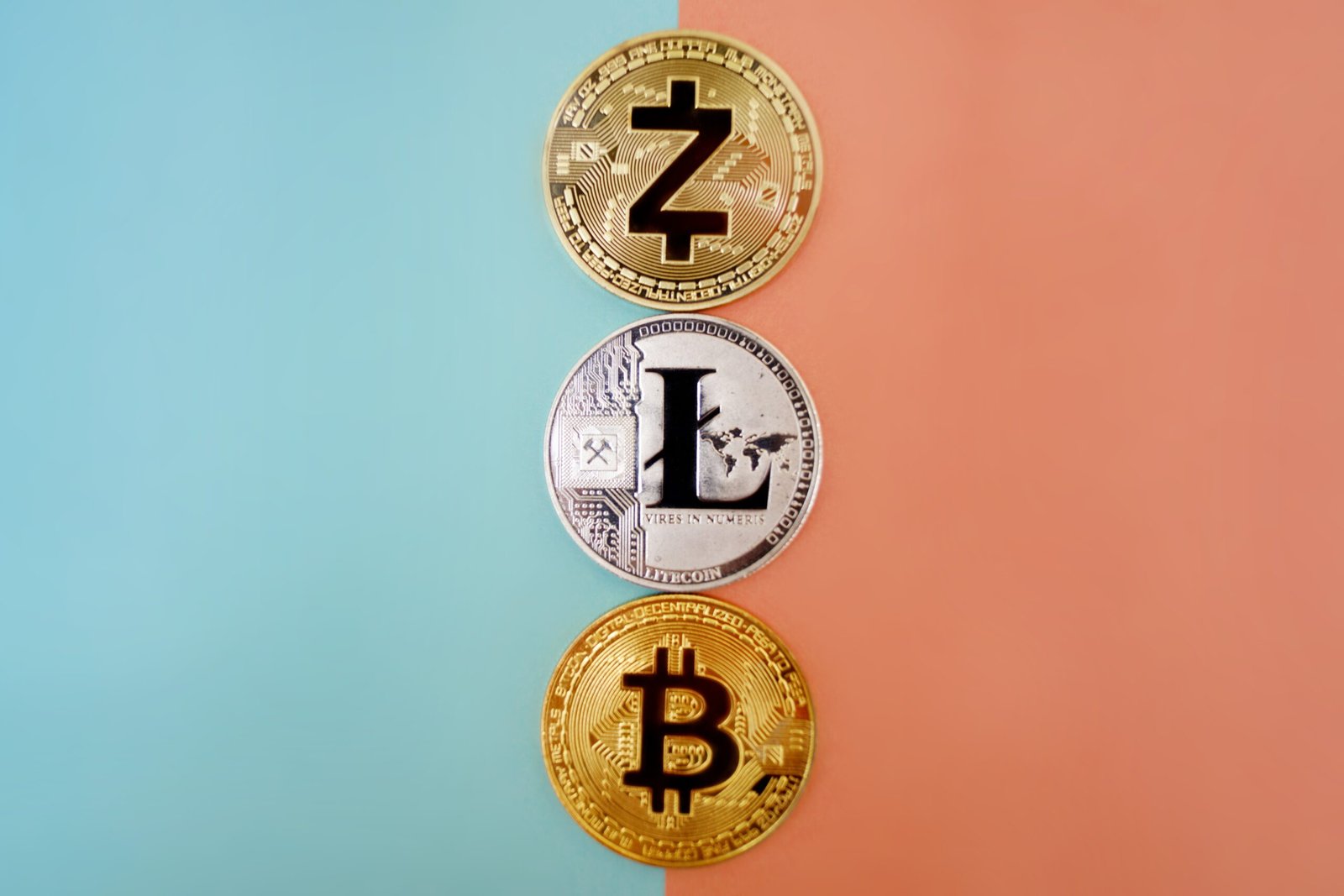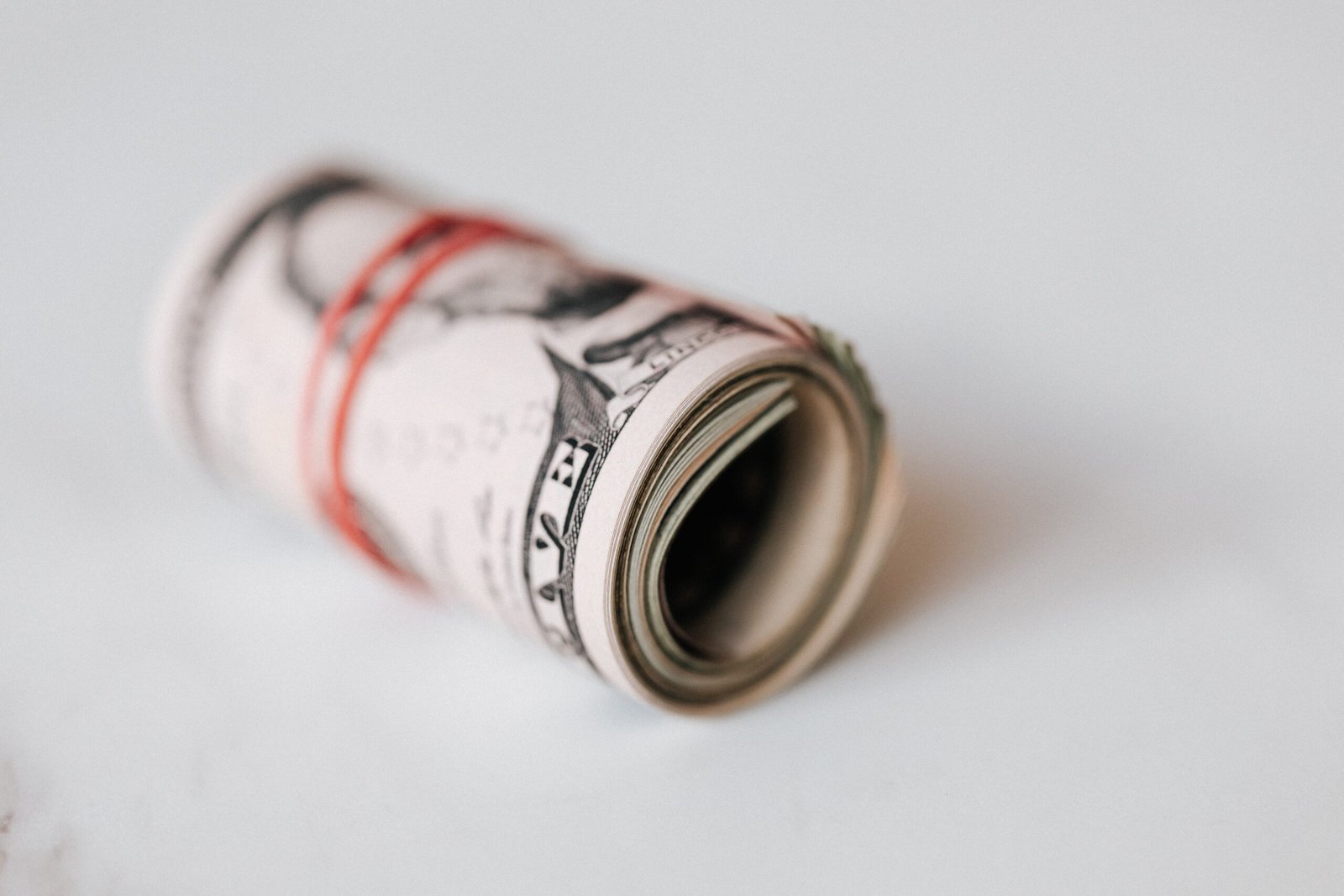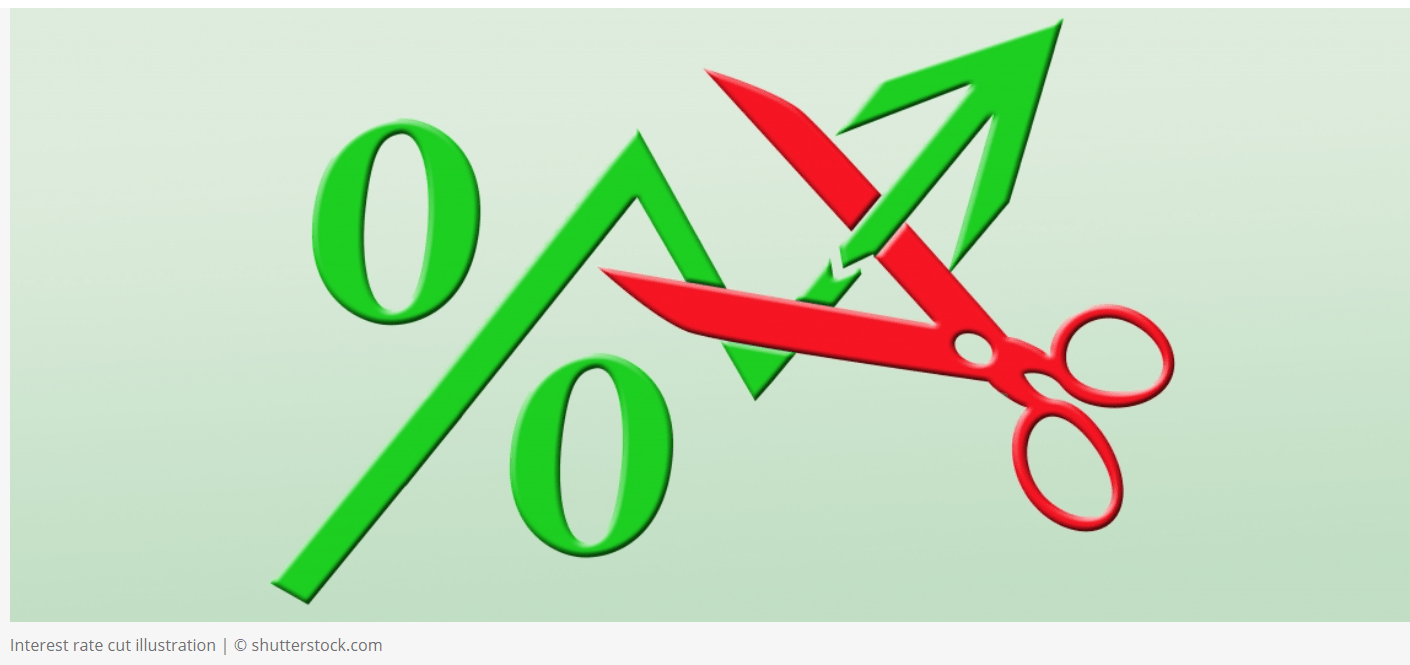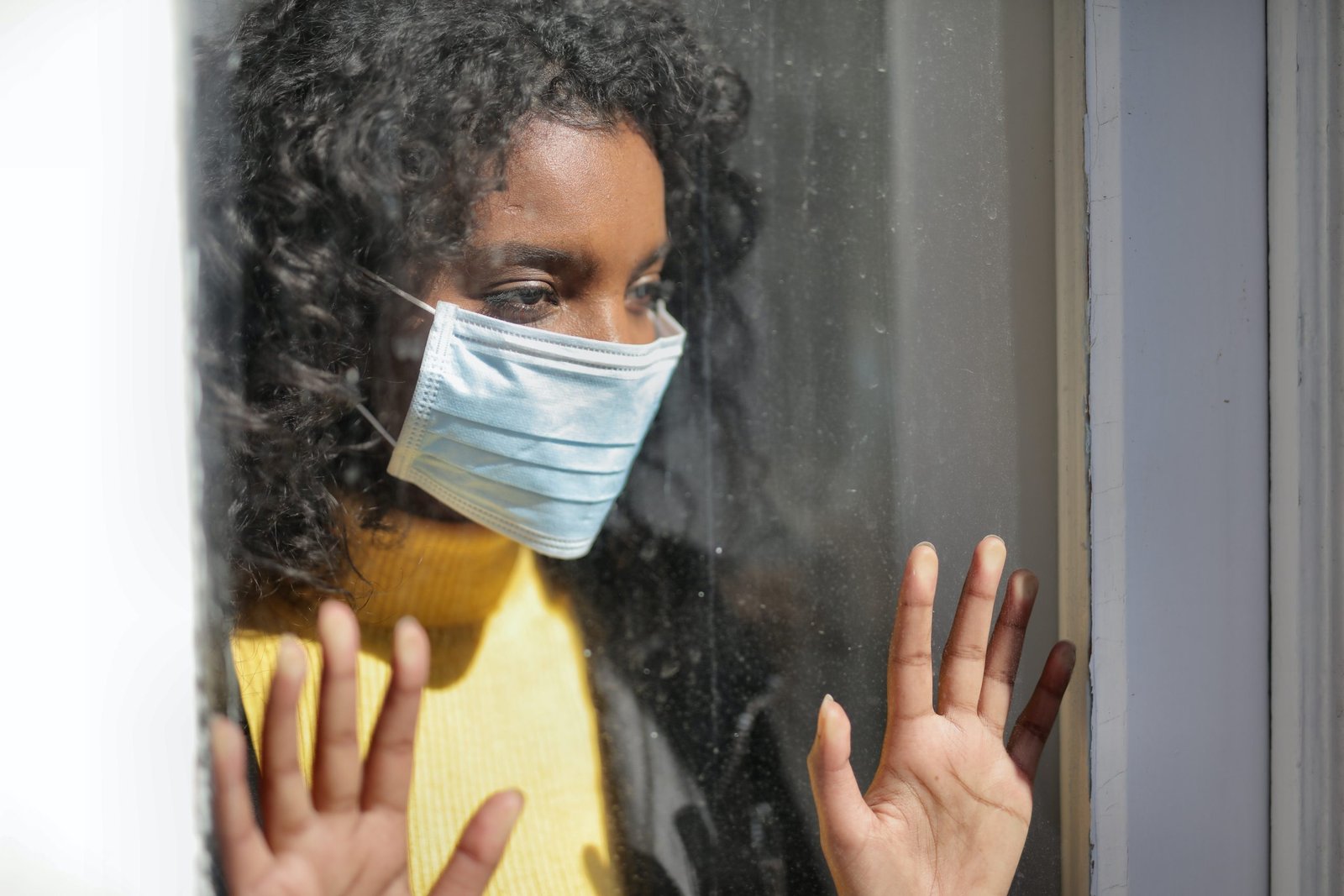Financial Perils in Check for Now, Eyes Turn to Risk of Market Correction
Prices for stocks, corporate bonds, and other risk assets have risen higher on the news of vaccine rollouts. Financial markets have shrugged off rising COVID-19 cases, betting that continued policy support will offset any bad economic news in the short term and provide a bridge to the future. As the apparent disconnect between exuberant financial markets and the still-lagging economic recovery persists, it raises the specter of a possible market correction should investors reassess the economic outlook or the extent and duration of policy backstop.









